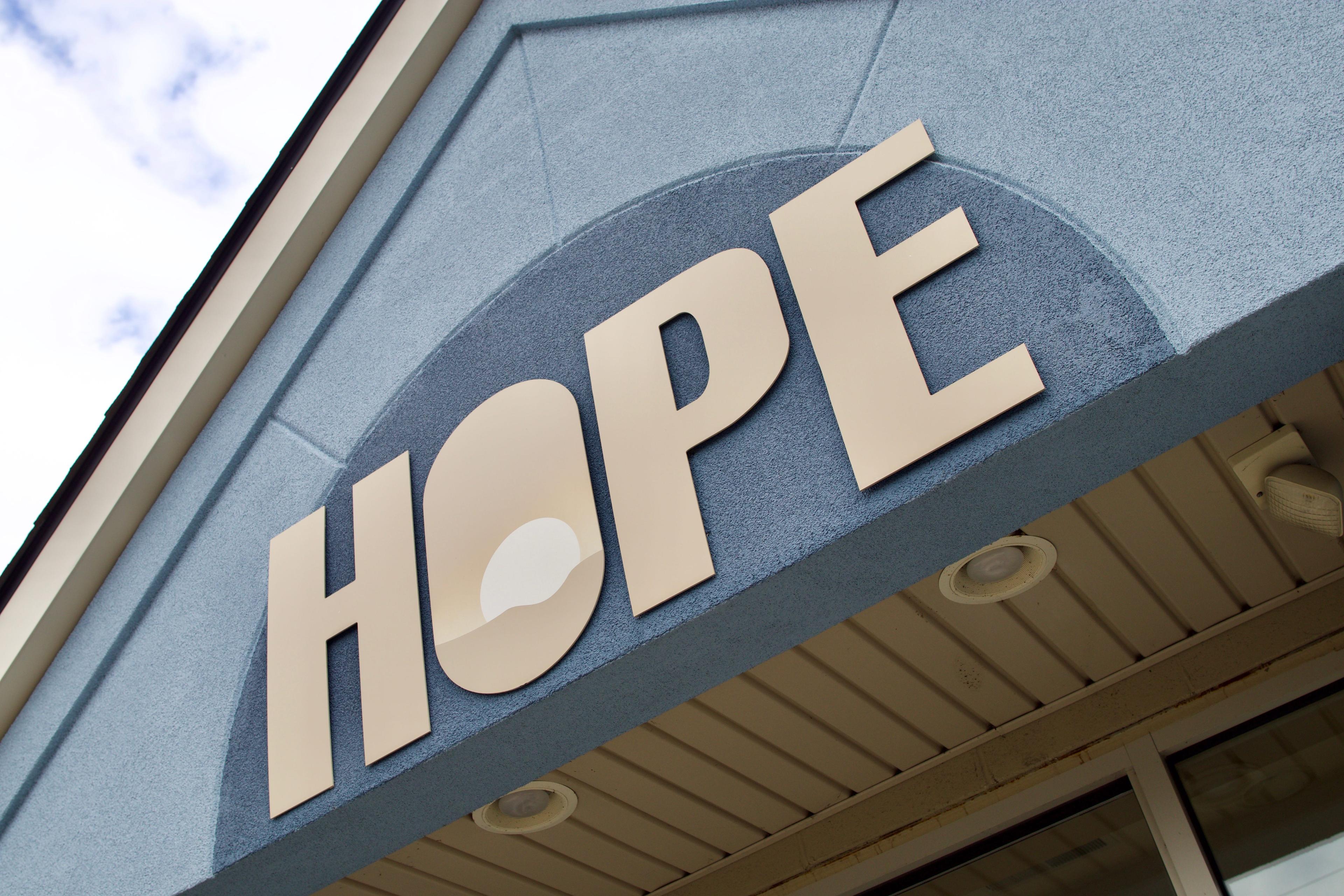Beyond the Card: Finding Hope
Lucy Ciaramitaro
| 3 min read

“For the first time in my life I can sleep at night—and I’m able to dream of happy things again.” Rita, 47, is one of the many people whose life dramatically changed after walking through the doors of Hope Clinic in Ypsilanti, Mich. Rita was sexually exploited by her father from age three to 13. As the pain of her childhood began to surface as an adult, facing the past affected Rita’s present. The road to healing started following a divorce that left Rita without custody of her two children, health coverage or a place to call home. “It’s humbling to have to ask for help,” Rita explained. “When I came to Hope, they didn’t just help me with food, dental and medical care—they helped me provide for my kids on Christmas.” Today, Rita studies social work at Eastern Michigan University and is both a volunteer and intern at Hope clinic.
“I want to give back to those at Hope who have done so much for me,” Rita shared. “I never want to just be someone who holds my hand out—I want to put my hand in someone else’s and fulfill my life by giving back.” Rita also works as a house mom for a sorority at the University of Michigan. This role has allowed her to connect with young women who are victims of sexual abuse and provide support or guidance to those who need it. “My dream, aside from getting a Nobel peace prize for stopping human trafficking, is to get my master’s degree at the University of Michigan and open a home for people who have been trafficked,” Rita explained. “You can’t just open a door and let people in—they need well-rounded care and sometimes that involves drug counseling, education and just basic life skills training.” Rita, like many abuse victims, still suffers from post-traumatic stress disorder and anxiety. The difference today, is that she has a support system, a sense of dignity and her sons to help her on difficult days. She hopes to be an advocate for sexual abuse victims by sharing her story in a public setting. “We need to jump on the other side of this issue and ask, ‘what can I do to help?,’” she explains. “It has to start with people like me talking—I don’t want anyone to go through what I went through.” More than 30 years ago, Hope clinic began providing medical and dental care to patients in need. Today, their services have expanded to help patients like Rita find stability, comfort and dignity.
“We want to empower people in need and treat them like individuals who can make choices of their own—not just hand them what they need and show them the door,” said Doug Campbell, executive director of Hope. “When you liberate someone as opposed to patronize them, I find that they’ll rise to the occasion.” Hope Clinic is one of forty-seven safety net clinics throughout Michigan to receive funding through the Blue Cross Blue Shield of Michigan Strengthening the Safety Net program. The program, now in its 13th year, provides funding to clinics that offer free or low-cost medical, dental and mental health treatment for uninsured and under-insured Michigan residents. “Watching Rita turn her life around has shown me that this works. This is not in vain, this not an exercise in futility,” Doug explained. “Nobody pulls themselves up from their boot straps without support of some kind—everyone has needed help at some point in their life.” [smartslider3 slider=20]





